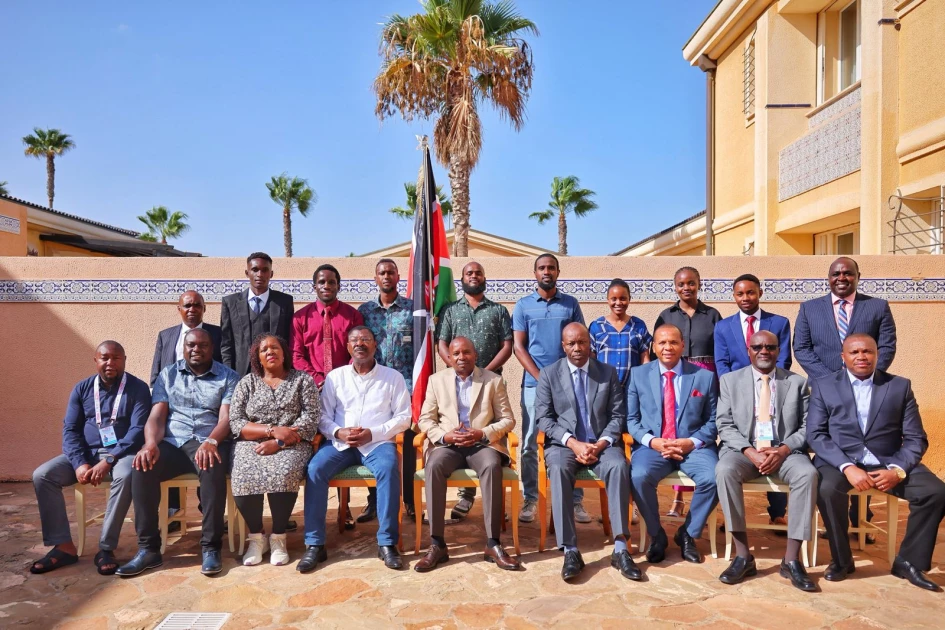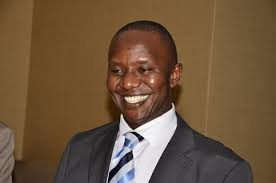Kenya is deepening its relationship with Algeria in areas such as trade, education, agriculture, and labor mobility, Deputy President Kithure Kindiki has announced.
Speaking in Algiers during the Fourth Intra-Africa Trade Fair, Prof. Kindiki said Algeria is becoming a key partner for Kenya, especially as the North African country shows interest in Kenyan products such as coffee, tea, meat, powdered milk, avocados, and citrus fruits.
“We are going to firm up our bilateral relations because Algeria is keen to buy our agricultural products. That is why I came with the Trade Minister Lee Kinyanjui, so that we can cement the trade agreement,” the Deputy President said.
He also revealed that direct flights between Nairobi and Algiers are being planned to make travel and business easier. Currently, travelers must go through Europe or the Middle East to connect between the two capitals.
Kenya is also eyeing Algeria for job opportunities through the Kazi Majuu programme, which helps Kenyans secure safe and structured employment abroad. The government has already signed six bilateral labor agreements with different countries and is negotiating with 13 more, including Algeria.
Prof. Kindiki assured Kenyans living and studying in Algeria that once a labor deal is signed, it will guarantee clear terms of employment, fair pay, and safety for workers.
He encouraged Kenyan students to take advantage of Algeria’s shift to teaching in English, which could open doors for Kenyan teachers and professionals. He also promised to push for HELB loans to be accessible to students studying abroad.
The Deputy President highlighted Algeria’s contribution of 16,000 metric tonnes of fertilizer to Kenya, which supported the government’s subsidy programme and boosted food production. He said this shows the potential of deeper cooperation in agriculture.
Kindiki also met with students and professionals living in Algeria, urging them to be good ambassadors of Kenya.
“We may not be perfect, but Kenya is a work in progress. Every citizen has something they can do or say to add value to our national development,” he said.
He reassured them that the government is working on solving challenges they face, such as recognition of academic qualifications, professional licensing, and access to financial support.



